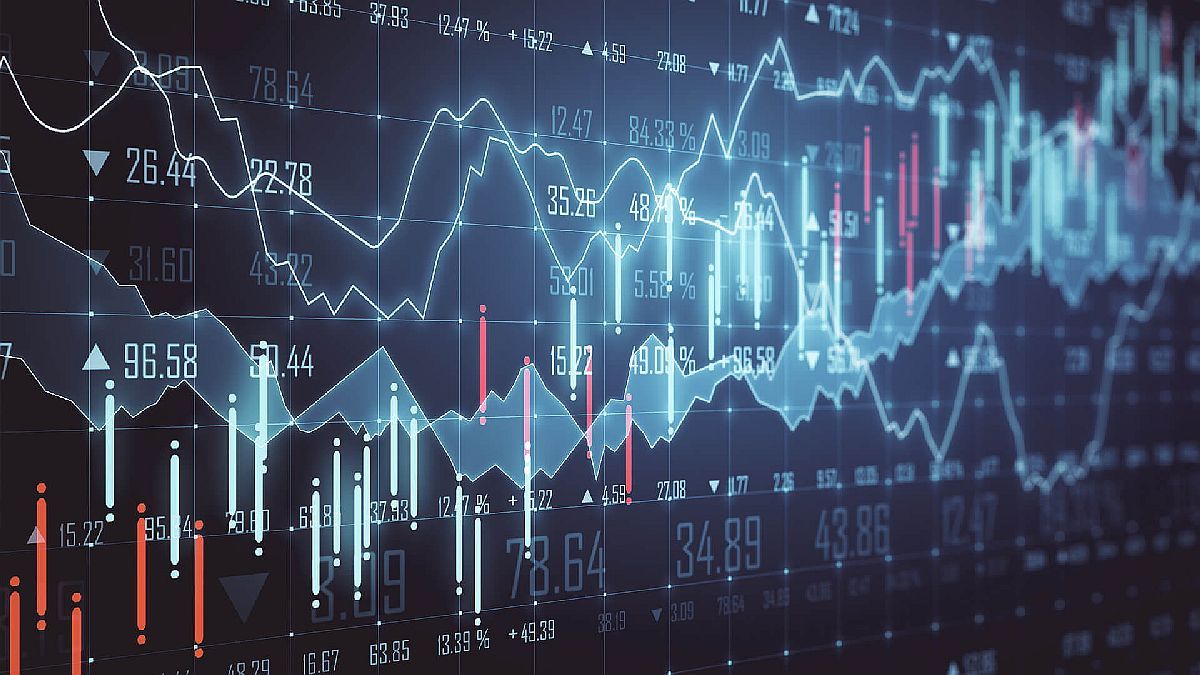The Dow Jones Industrial Average rose 2.3%. The S&P 500 gained 1.9%, while the Nasdaq rose 1%.
After having lost around 4% on Thursday, the European stock markets rebounded this Friday: Paris gained 3.5%, London 3.9%, Frankfurt 3.7%, Milan 3.6% and Madrid 3.5%.
After having lost 30% on Thursday, the Moscow stock market recovered 25%.
Wall Street had launched the trend from the same Thursday; Despite opening sharply down, the main indices ended in positive territory (Dow Jones +0.25%, Nasdaq +3%) after the United States decided to impose sanctions against Russia.
The Asian stock markets followed this trail this Friday, and Tokyo gained 2%, although its weekly balance is negative (-2.4%). Shanghai gained 0.6% this day but Hong Kong lost 0.6%.
“Investors have assessed the current risk and the sanctions imposed against Russia,” AvaTrade analyst Naeem Aslam told AFP. “They believe that the massive sale (which occurred the day before and in previous days, ndlr) is an opportunity to buy at good prices. So the shares are rising,” he added.
That search for “good prices” and the “considered ‘moderate’ speech of US President Joe Biden are cited by John Plassard, investment specialist at Mirabaud to explain this stock market rise.
Western sanctions mainly affect the Russian financial and technology sector, but exclude hydrocarbons or restricted access to the Swift interbank network.
The barrel of crude oil falls in New York and London
West Texas Intermediate (WTI) crude oil, which trades on the New York futures market (Nymex), It lost 2.2% and was trading at US$90.75 a barrel in contracts for April delivery.
oil.jpg
Similarly, Brent oil from the North Sea, which does so on the London electronic market (ICE), fell 2.2% and a barrel was agreed at US$93.32 also in contracts for April, according to what was reported by the Bloomberg agency.
Meanwhile, the Organization of Petroleum Exporting Countries (OPEC) reported that its crude oil basket closed yesterday at US$101.22 a barrel, compared to US$96.10 last Wednesday, which represented an increase of 5 .32%.
the price of metals
Aluminum prices retreated from record highs on Friday as energy supply fears eased after Russia’s energy sector was excluded from Western sanctions.while copper fell slightly.
Aluminum, the most energy-intensive metal to produce, had soared on fears of rising energy costs and concerns that supply from top producer Russia would be hit after Ukraine’s invasion.
Switzerland brings a complaint against US tariffs on steel and aluminum to the WTO

Three-month aluminum on the London Metal Exchange fell 1.3% to $3,349 a tonne, moving away from an all-time high of $3,480 hit on Thursday. In weekly terms, prices rose 2%.
“Since the sanctions didn’t really affect energy flows, they didn’t affect (President Vladimir) Putin personally, the risk premium is deflating a bit,” said Ole Hansen, head of commodity strategy at Saxo Bank in Copenhagen.
The United States, Britain and other Western nations have imposed new sanctions on Russia, but one official said Washington’s sanctions “are not and will not target oil and gas flows.”
Russia produces about 6% of the world’s aluminum and accounts for about 7% of the world’s supply of nickel. It is also one of the main producers of gas used to generate electricity, a major component of aluminum production.
Nickel on the London Metal Exchange fell 2.1% to $24,200 a tonne, having hit its highest since 2011 in the previous session.
While, copper added 0.3% to $9,890 a tonne, zinc fell 0.4% to $3,626.50 and tin lost 1.3% to $44,600.
Source: Ambito
David William is a talented author who has made a name for himself in the world of writing. He is a professional author who writes on a wide range of topics, from general interest to opinion news. David is currently working as a writer at 24 hours worlds where he brings his unique perspective and in-depth research to his articles, making them both informative and engaging.




